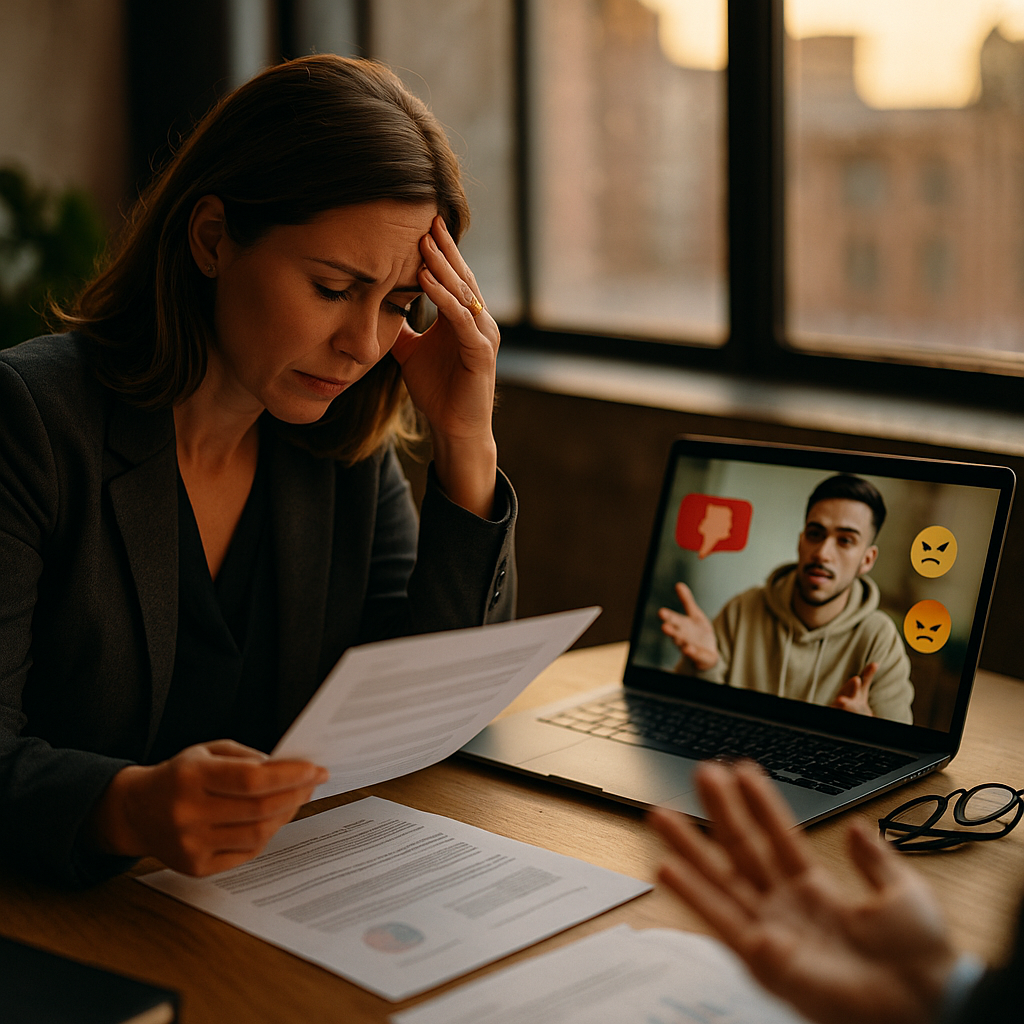Building a crisis communications plan for influencer-related controversies is vital for brands navigating today’s dynamic digital landscape. With influencer partnerships delivering both massive reach and potential risk, understanding how to manage crises can protect brand reputation and foster trust. Learn actionable steps to create a robust strategy and ensure your brand is crisis-ready.
Recognizing the Importance of Crisis Management in Influencer Marketing
Influencer marketing continues to surge in 2025, with Statista reporting global influencer marketing value surpassing $24 billion. However, controversies can quickly escalate due to social media’s speed and reach. Recognizing the necessity to address issues—such as inappropriate influencer behavior or public backlash—positions your brand to act decisively rather than reactively.
Brands that ignore the potential for crisis risk significant losses: negative publicity, eroded trust, and partnership fallout. A comprehensive crisis communications plan establishes your brand as accountable, transparent, and adaptable in the face of challenges.
Key Elements of a Solid Influencer Crisis Communications Plan
To develop an effective influencer crisis communications plan, brands must identify potential risks and prepare structured responses. Consider including these essential components in your crisis plan:
- Risk Assessment: Analyze possible controversial scenarios, such as off-brand endorsements or personal misconduct, associated with each influencer collaboration.
- Chain of Command: Clearly define who is responsible for internal and external communications. Assign roles including decision-makers, spokespersons, and monitoring leads.
- Holding Statements: Draft templated responses for various situations to enable a swift and unified initial reaction.
- Monitoring Tools: Implement real-time social listening tools to identify emerging issues before they escalate.
- Escalation Protocols: Outline step-by-step procedures to escalate issues promptly to senior leadership.
Addressing these fundamentals positions your brand to act with clarity and confidence during moments of uncertainty.
Establishing Influencer Guidelines and Social Media Policies
Brands must set clear expectations for influencer behavior and content to minimize potential crises. Develop well-defined social media policies and ethical guidelines tailored to influencer partnerships, ensuring they address:
- Content Standards: Specify prohibited topics (e.g., hate speech, vulgarity) and require content pre-approval where needed.
- Disclosure Requirements: Insist influencers comply with all relevant advertising regulations, such as proper disclosure of sponsored content.
- Incident Reporting: Offer clear instructions for influencers to report possible crises or negative feedback immediately.
Regularly reviewing and updating these guidelines based on emerging industry trends demonstrates your commitment to responsible influencer marketing.
Crisis Response: Steps for Timely and Authentic Communication
Responding effectively to influencer-related controversies involves strategic, empathetic communication. Use these best practices to guide your crisis response:
- Monitor and Verify: Actively track online conversations and verify facts before making public statements.
- Respond Rapidly: Issue holding statements admitting awareness of the situation while investigations are ongoing.
- Empathize and Reassure: Demonstrate understanding of stakeholder concerns and emphasize your commitment to addressing the issue.
- Announce Actions: Transparently outline corrective measures, whether that’s issuing an apology, suspending collaborations, or conducting internal reviews.
- Open Communication Channels: Encourage ongoing feedback from customers, stakeholders, and media for reputation repair and learning.
Recent industry research from the Influencer Marketing Hub highlights that brands responding within 24 hours of a controversy experience up to 28% less long-term reputation damage compared to delayed responders.
Training and Empowering Internal Teams for Crisis Preparedness
Effective crisis management depends on well-trained teams who understand both the nuances of influencer marketing and crisis communication. Invest in regular training for marketing, legal, and PR employees, focusing on:
- Crisis Simulation Drills: Run mock scenarios to familiarize the team with protocols and practice rapid decision-making.
- Social Listening Skills: Teach teams to interpret real-time sentiment data and recognize brewing controversies.
- Consistent Messaging: Ensure all communication aligns with the brand voice and values, regardless of channel or spokesperson.
This investment strengthens your brand’s ability to respond calmly and expertly, no matter the complexity of the influencer controversy.
Learning from Post-Crisis Analysis and Continuous Improvement
Sustaining a resilient brand reputation requires reflection and ongoing improvement after each crisis. Conduct detailed post-crisis reviews involving all key stakeholders. Examine what worked, where processes stalled, and how policies or influencer partnerships might be improved.
Solicit feedback from both your internal team and the affected community. Document lessons learned, update your crisis plan, and share best practices internally to foster a culture of preparedness and transparency. This proactive approach ensures your strategy remains current in an ever-evolving media environment.
Conclusion
Proactively building a crisis communications plan for influencer-related controversies safeguards your brand’s integrity and strengthens stakeholder trust. By anticipating risks, establishing clear protocols, and fostering a culture of transparency, your brand is well-equipped to navigate complex challenges and uphold its reputation in 2025’s fast-paced digital landscape.
FAQs on Crisis Communications Plans for Influencer Controversies
-
Why is a crisis communications plan vital for influencer marketing?
A crisis communications plan prepares brands to address potential scandals quickly and coherently, limiting reputational harm, regaining audience trust, and ensuring business continuity. -
What mistakes do brands often make during influencer controversies?
Common errors include delayed responses, inconsistent messaging, lack of accountability, and failure to communicate corrective actions transparently. -
How can brands minimize the risk of influencer controversies?
Implement thorough influencer vetting, clear social media policies, mandatory content approvals, and ongoing monitoring of influencer activities. -
Should a brand publicly address every influencer controversy?
Not always. Assess each incident’s severity and potential impact. For high-profile or escalating issues, public statements are often necessary, while minor concerns may be managed privately but should still adhere to internal protocols. -
How often should a crisis communications plan be updated?
Review and update your plan at least annually, or after any crisis, to account for new learnings, evolving best practices, and shifts in social and regulatory environments.
